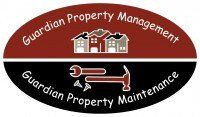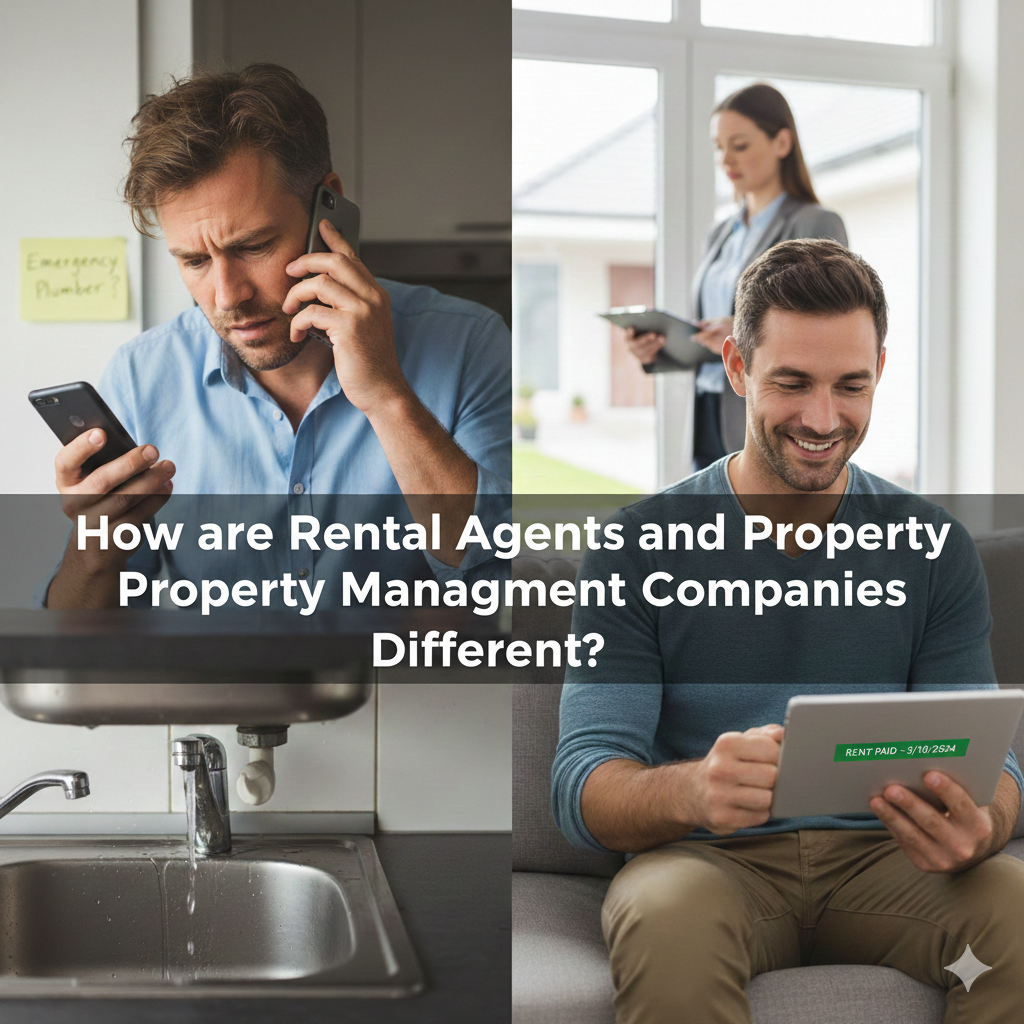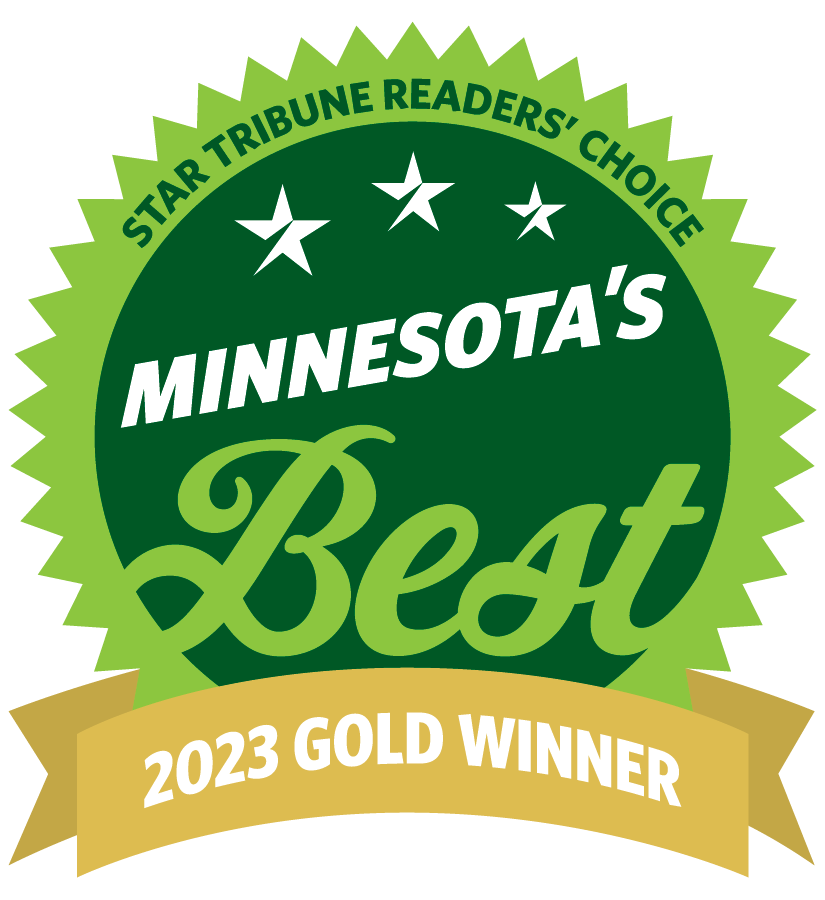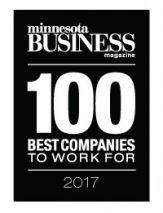How to Rent Out Your House: Step-by-Step Guide for 2025

Listing your home for rent is not only about getting an extra income but also taking on a new role as a landlord. And in 2025, with shifting tenant expectations, tighter local regulations, and rising maintenance costs, knowing exactly how to rent out your house matters more than ever.
Maybe you are relocating but want to keep your property, or your mortgage is paid off, and you’re considering turning your home into a long-term asset. Either way, this isn’t something you should do without a clear plan.
This step-by-step guide explains what today’s homeowners need to know to rent out a house successfully, from getting their property rent-ready to setting the right price, understanding lease terms, and screening tenants who treat their homes like their own.
If you are serious about renting out your house, this guide is where you can start.
Step 1: Legally Rent Out Your Home in 2025
Before you list your property, make sure to operate within local and state laws.
- Check zoning laws and city ordinances to confirm your home can be rented
- Review the HOA rules if your home is part of a homeowners’ association
- Register your property if your city requires a rental license or inspection
- Switch to landlord insurance to cover liability and potential property damage
- Understand your tax obligations, including rental income reporting and deductions
Failure to follow these can result in costly violations. Working with experienced
can help you stay compliant.
Step 2: Preparing Your House for Rent
Tenants are more likely to prefer and care for a clean, safe, and move-in-ready property. Here’s what to focus on before listing:
- Address all repairs, including plumbing, electrical, and cosmetic issues
- Repaint walls in neutral tones for broad appeal
- Deep clean every room, like appliances, flooring, and windows
- Verify safety features like smoke detectors, locks, and exterior lighting
- Service appliances and HVAC systems to ensure everything works as expected
Step 3: Plan an Ideal Rental Price for Your Property
Pricing can make or break your growth as a landlord. If rent is set too high, you risk long vacancies. Too low, and you lose income.
To price the right way, follow these:
- Research similar properties in your area
- Factor in size, condition, location, and amenities
- Adjust for seasonal trends—rates often dip in winter
- Consider total ownership costs, including property taxes, insurance, and repairs
Need help finding a competitive rate? Local apartment management companies in Minnesota can provide a rental analysis based on current market data.
Step 3: Creating a Lease Agreement That Works in 2025
Your lease should do more than state the rent amount—it should protect your interests and clearly outline expectations.
Include the following:
- Rent amount, due date, and late payment policy
- Lease term, renewal options, and notice periods
- Maintenance responsibilities and access procedures
- Rules regarding pets, smoking, and occupancy limits
- Security deposit details and refund process
Avoid generic templates. Use a lease that complies with Minnesota rental laws or have it reviewed by a professional.
Step 4: Effective Ways to Market Your Rental Property

With most renters starting their search online, your listing needs to do more than only appear. In a crowded digital marketplace, presentation, clarity, and accessibility make all the difference.
Best Practices for Marketing Your Rental in 2025:
- shooting. Show every room from multiple angles, including outdoor spaces, closets, and amenities. Avoid overly edited or misleading images, as tenants expect honesty.
- Write a Clear, Informative
Description: Include square footage, number of bedrooms and bathrooms, parking options, pet policies, utility responsibilities, lease terms, and your contact information. The more details you provide upfront, the fewer unqualified inquiries you’ll get.
- Highlight Unique Selling Points: Is there an updated kitchen? A fenced yard? On-site laundry? Proximity to schools or public transit? Renters want to know what makes your home convenient and livable, especially if you’re asking a premium price.
- List on Multiple Platforms: Post on Zillow, Apartments.com, Facebook Marketplace, and regional housing sites. A broader reach increases your chances of connecting with reliable renters.
- Virtual Tours: In 2025, many prospective tenants expect to be able to view a home remotely. A simple smartphone video can go a long way toward building trust and helping your listing stand out.
- Respond Promptly to Inquiries: If a prospective tenant contacts you and doesn’t hear back within 24 hours, they may move on to the next listing.
Step 5: Screen Tenants and Ensure a Successful Lease
Thorough screening minimizes the risk of late payments, property damage, and disputes.
Here’s what to check:
- Credit and background reports (with the applicant’s consent)
- Proof of income and employment
- Rental history and landlord references
- Consistency in application responses
To comply with Fair Housing laws, apply the same criteria to every applicant.
Understanding the Legal Aspects of Renting Out Your Property
When you rent out your house, you take on a set of legal obligations that go beyond simply maintaining the property. In Minnesota, landlords must operate under specific laws to protect both parties. First, you must provide a written lease agreement outlining the tenancy terms and receipts for all rent and deposit payments.
The property must be kept in a safe and habitable condition, which includes addressing issues like broken heating systems, water leaks, or pest infestations on time.
You will also be responsible for respecting your tenant’s right to privacy. This means giving proper notice, usually 24 hours before entering the property, unless there’s an emergency.
Also, Minnesota law outlines how to handle security deposits, including how long you must return them (typically within 21 days after the lease ends) and what deductions are allowed. If you're unsure about how these rules apply or how to stay compliant while renting out your house, it may be wise to consult legal resources or work with experienced rental management companies to avoid costly mistakes.
Should You Self-Manage or Hire a Property Manager?
Managing a rental takes time, organization, and legal know-how. Ask yourself:
- Are you available to respond to issues 24/7?
- Are you familiar with landlord-tenant laws?
- Can you market, screen, and manage tenants objectively?
- Do you have trusted maintenance vendors?
If the answer to any of these is no, a local property management firm like Guardian Property Management can save you time and protect your investment.
Over to You!
Learning how to rent out your house needs more than just a quick checklist. From legal setup and property prep to tenant screening and lease management, each step matters.
Approach your rental like a long-term investment. A well-run rental property can generate income, build equity, and add stability to your financial future.
Rent Your Home with the Best Property Management Company
This is paragraph text. Click it or hit the Manage Text button to change the font, color, size, format, and more. To set up site-wide paragraph and title styles, go to Site Theme.















